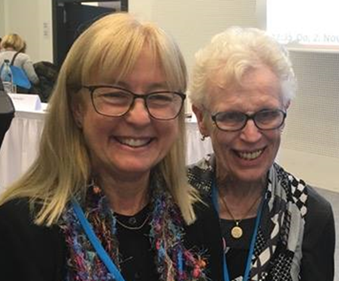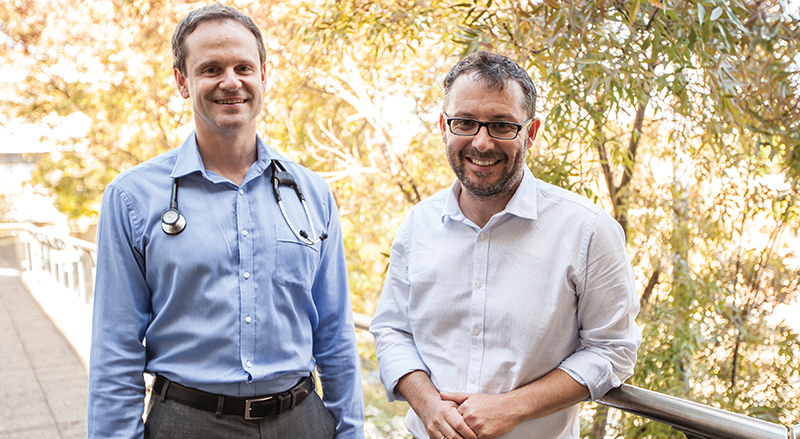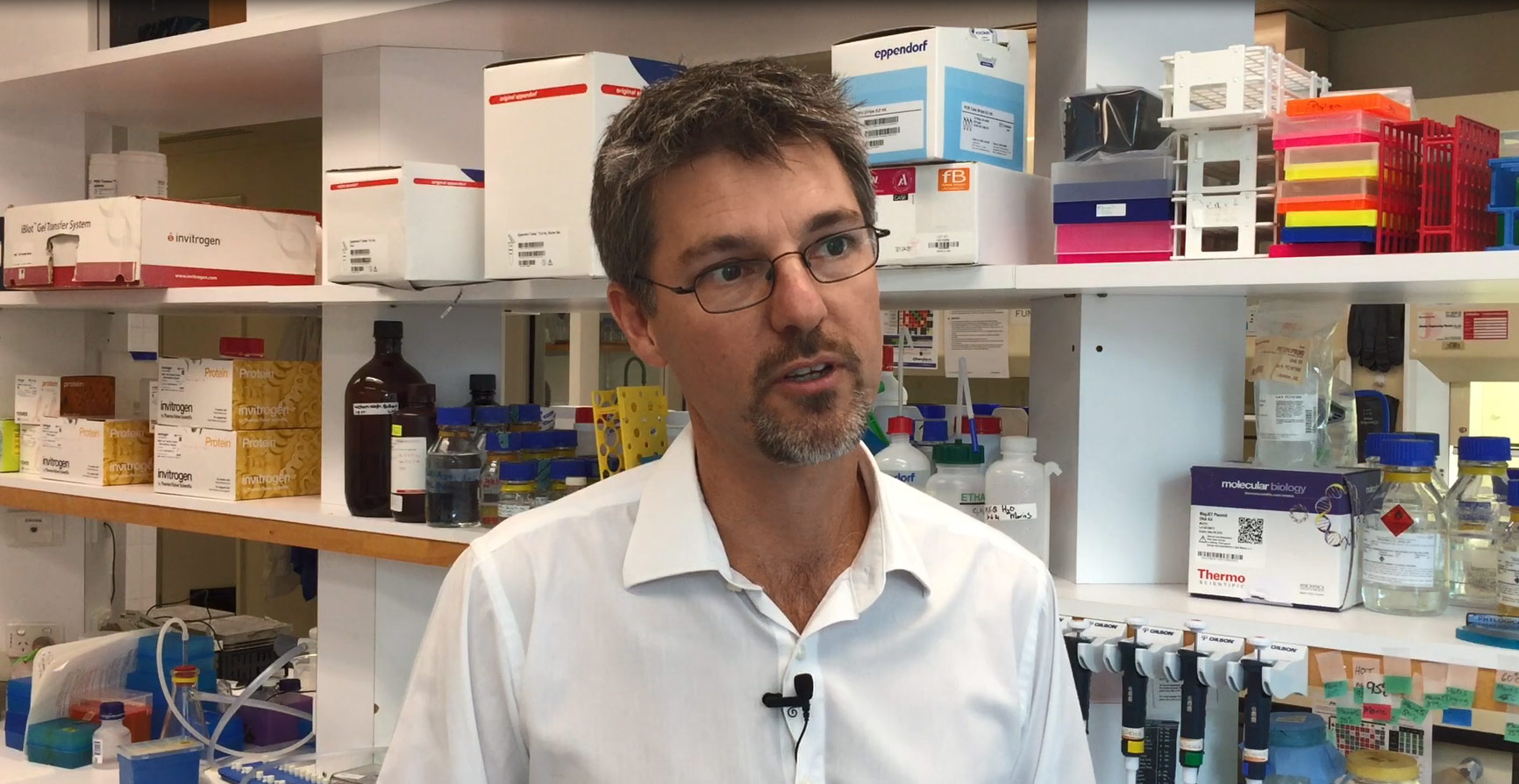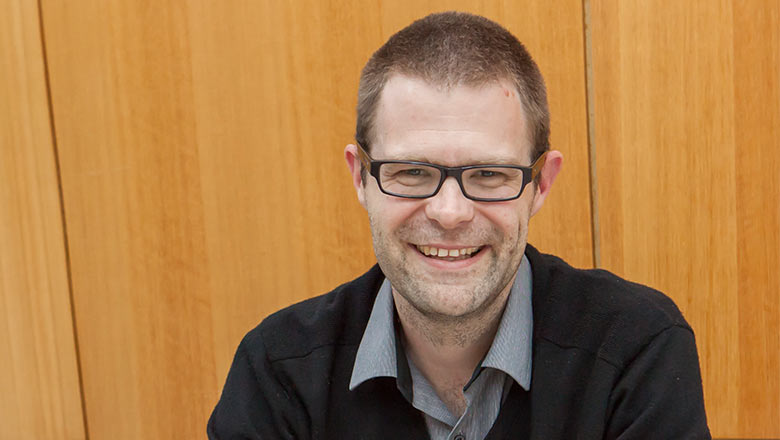Search
Research
Inequalities in child healthy development: some challenges for effective implementationInequalities in child healthy development: some challenges for effective implementation
Research
Building a culturally safe mental health system for Aboriginal and Torres Strait Islander young peopleThe impact of colonisation, genocide, and continuing discriminatory policies have created a context for ongoing disadvantage, trauma, and high rates of mental health issues for Aboriginal and Torres Strait Islander young people.

News & Events
The Kids researchers who helped identify rare disorder now poised to help the hunt for treatmentTwo The Kids Research Institute Australia researchers recognised for their role in building a global database for CDKL5 deficiency disorder are now helping to set the scene for clinical trials of much-needed potential treatments.

Learn more about all of the Clinical Trials, Platforms & Cohorts at the Wal-yan respiratory centre.

Cystic fibrosis (CF) is the most common life‐shortening genetic disease affecting children.

News & Events
Watershed approach to improve cystic fibrosis treatmentThe Kids researchers are pioneering an exciting new approach to clinical trials, which aims to fast-track the best treatments for people with rare and complex diseases.

On average, a person can expect to take more than 700 million breaths in their lifetime.

News & Events
National Asthma Week: 10 things you need to know about asthmaAsthma affects about half a million Australian children and is one of the most common reasons why kids need to see a doctor or go to emergency.

Respiratory disease is a global issue and international networks are critical to informing best-practice approaches to the clinical care and management of childhood respiratory health.

News & Events
Study sheds new light on the ‘autism epidemic’ mysteryResearchers have shown that the so called 'autism epidemic' is due to an increase in the diagnosis of children with less severe behavioural symptoms.
